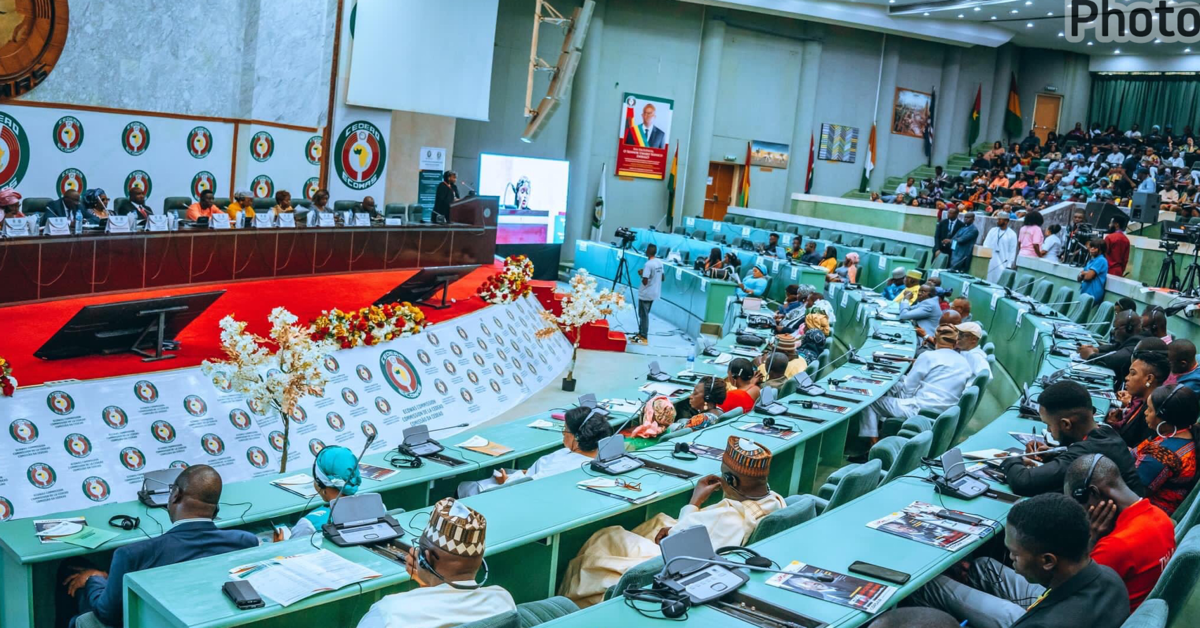During a de-localized meeting held in Monrovia on the 27th of July, 2023, Councilor Benedict F. Sannoh, the former Liberian Minister of Justice, presented a crucial recommendation on how to prevent electoral disputes in ECOWAS member states. The Economic Community of African States (ECOWAS) Parliament actively supports this recommendation, which emphasizes the proactive involvement of political parties in utilizing the judiciary throughout the electoral process.
Councilor Sannoh stressed the importance of political parties collaborating to raise issues that necessitate judicial intervention. This includes monitoring all statutory, regulatory, and administrative actions taken by the elections commission, the legislature, or institutions within the Executive Branch of the Government leading up to elections. The aim is to engage in sustained advocacy to address any concerns. If these advocacy efforts fail to yield the desired outcomes, the parties should resort to the courts to determine the extent to which the contested actions align with the Constitution and electoral laws. To enhance the preventive value of Supreme Court Opinions on Elections, Sannoh recommended that they be widely published to deter electoral disputes.
To further strengthen the electoral dispute resolution process, Councilor Sannoh proposed the establishment of an independent quasi-administrative judicial body. This body would be responsible for conducting investigations into electoral disputes involving the conduct of the National Elections Commission immediately before, during, and after elections, including the vote counting and announcement of results.
Councilor Sannoh pointed to the Liberian legal framework, where the Supreme Court exercises appellate jurisdiction over disputes arising during electoral processes from the National Electoral Commission's Board of Commissioners.
The Supreme Court, he noted, has consistently operated within the time frames set by election laws for the adjudication of electoral disputes. The cases reaching the Supreme Court typically involve allegations of fraud, irregularities in the electoral process, and violations of the Constitution, election laws, and regulations governing elections. Councilor Sannoh emphasized the court's responsibility to ensure adherence to fundamental rights as articulated in the Constitution, particularly safeguarding the liberties, privileges, and rights of all citizens.
By implementing these recommendations and fostering collaboration between political parties and the judiciary, ECOWAS member states can take significant strides in preventing electoral disputes and ensuring free, fair, and transparent elections in the region. This proactive approach will contribute to strengthening democracy and promoting stability and peace across the continent.

